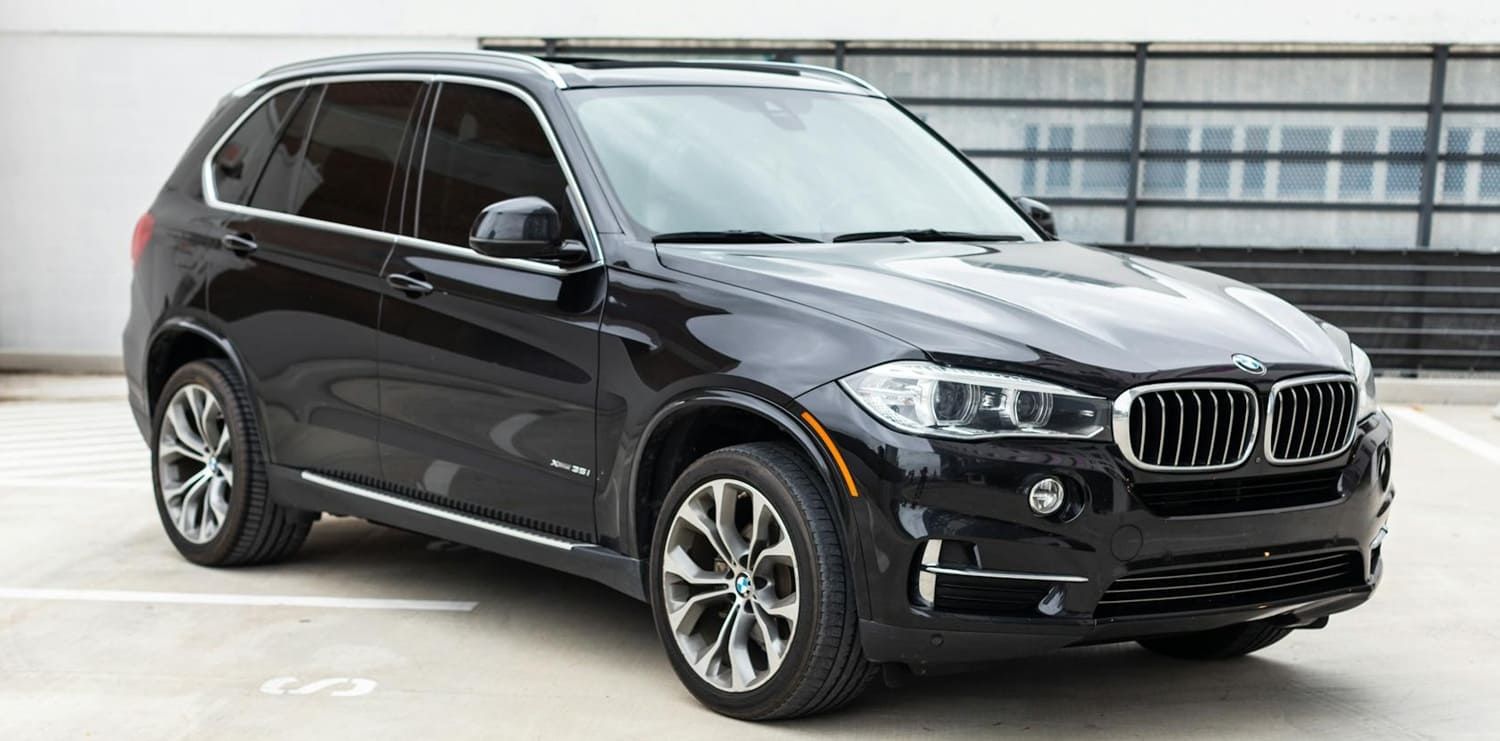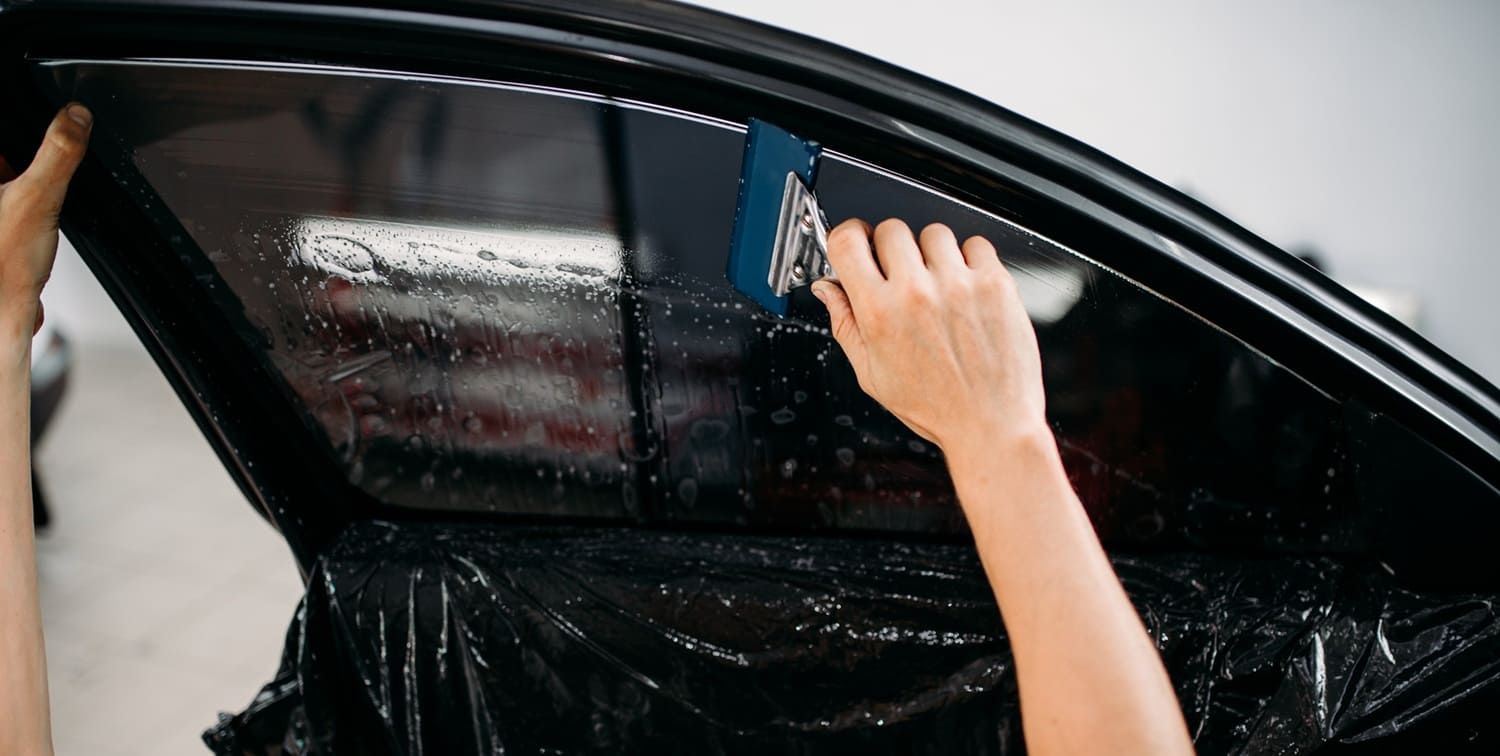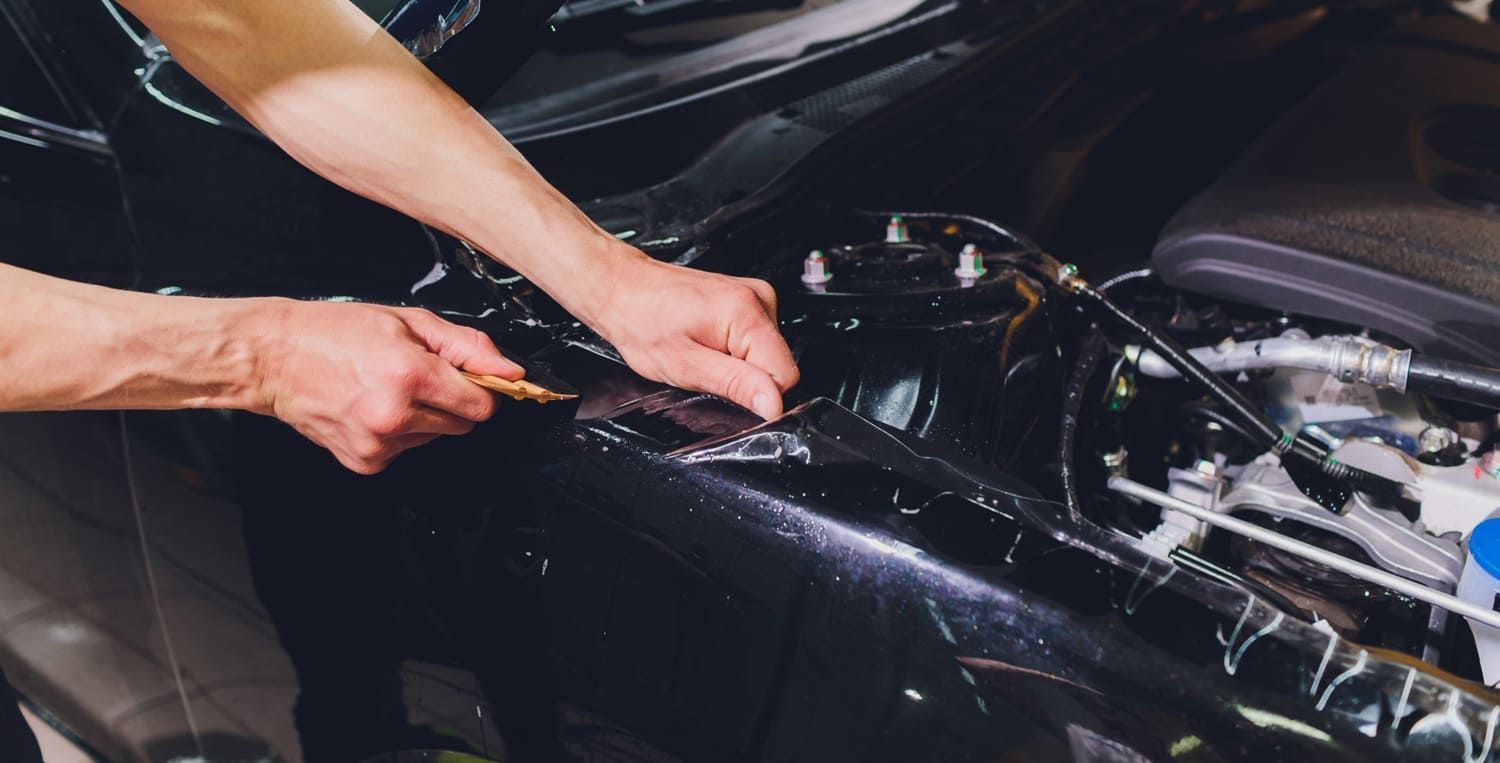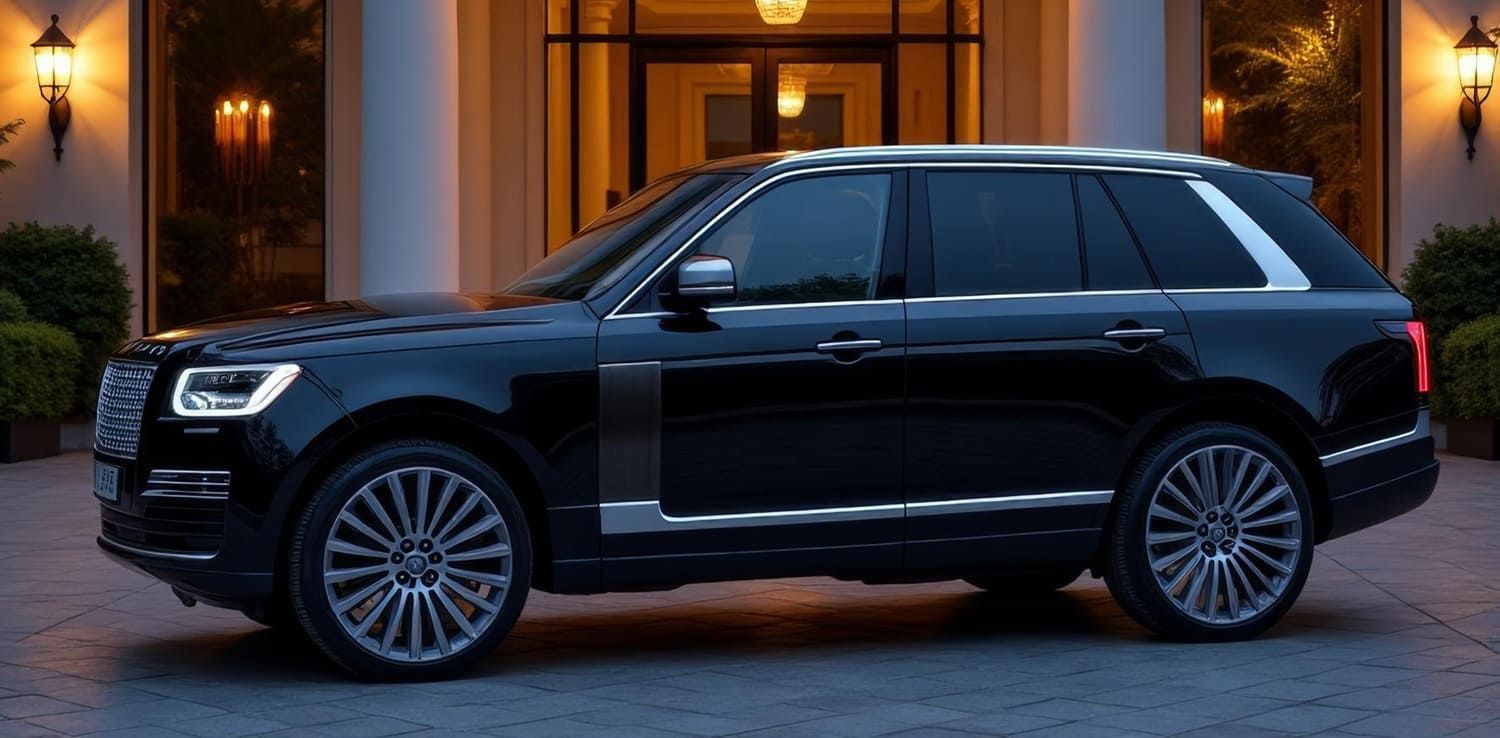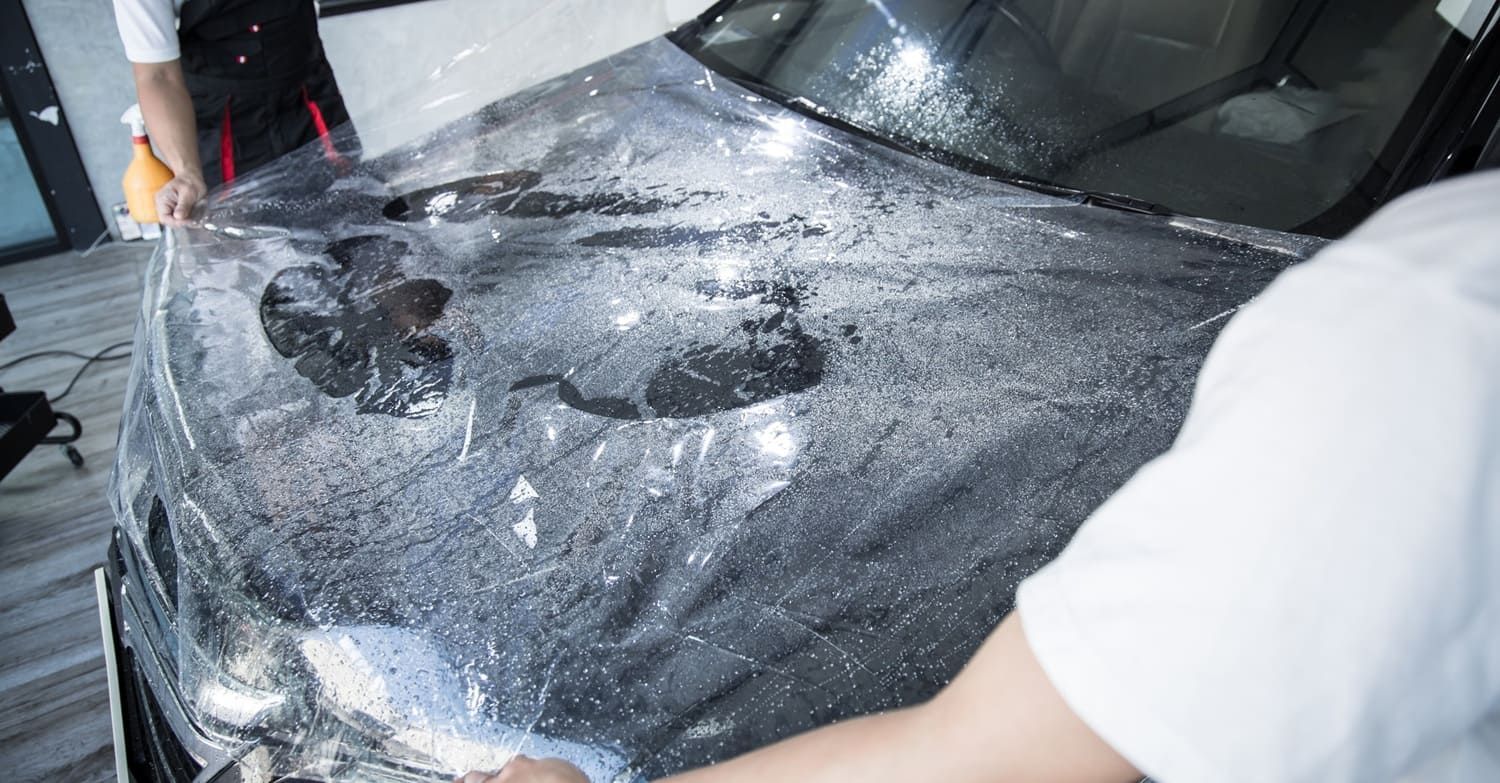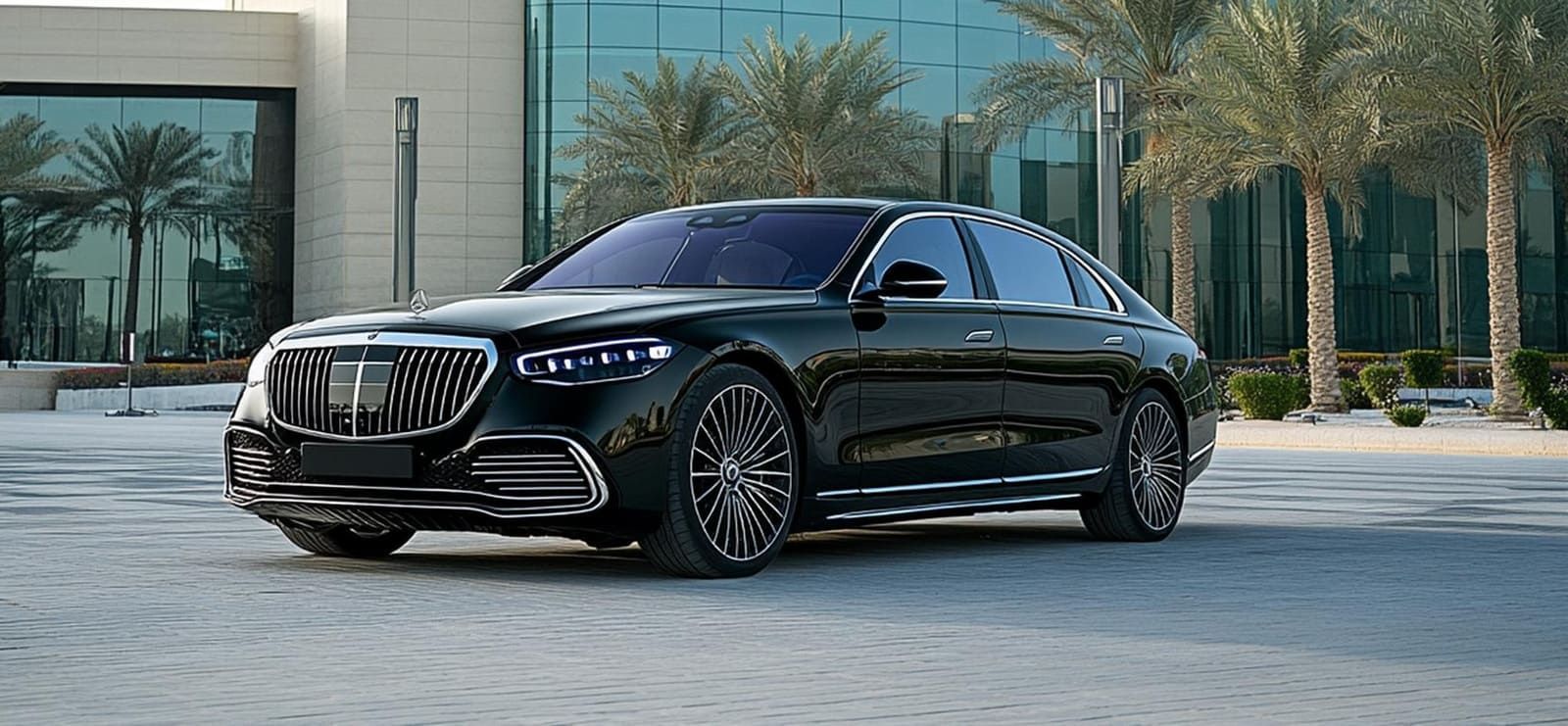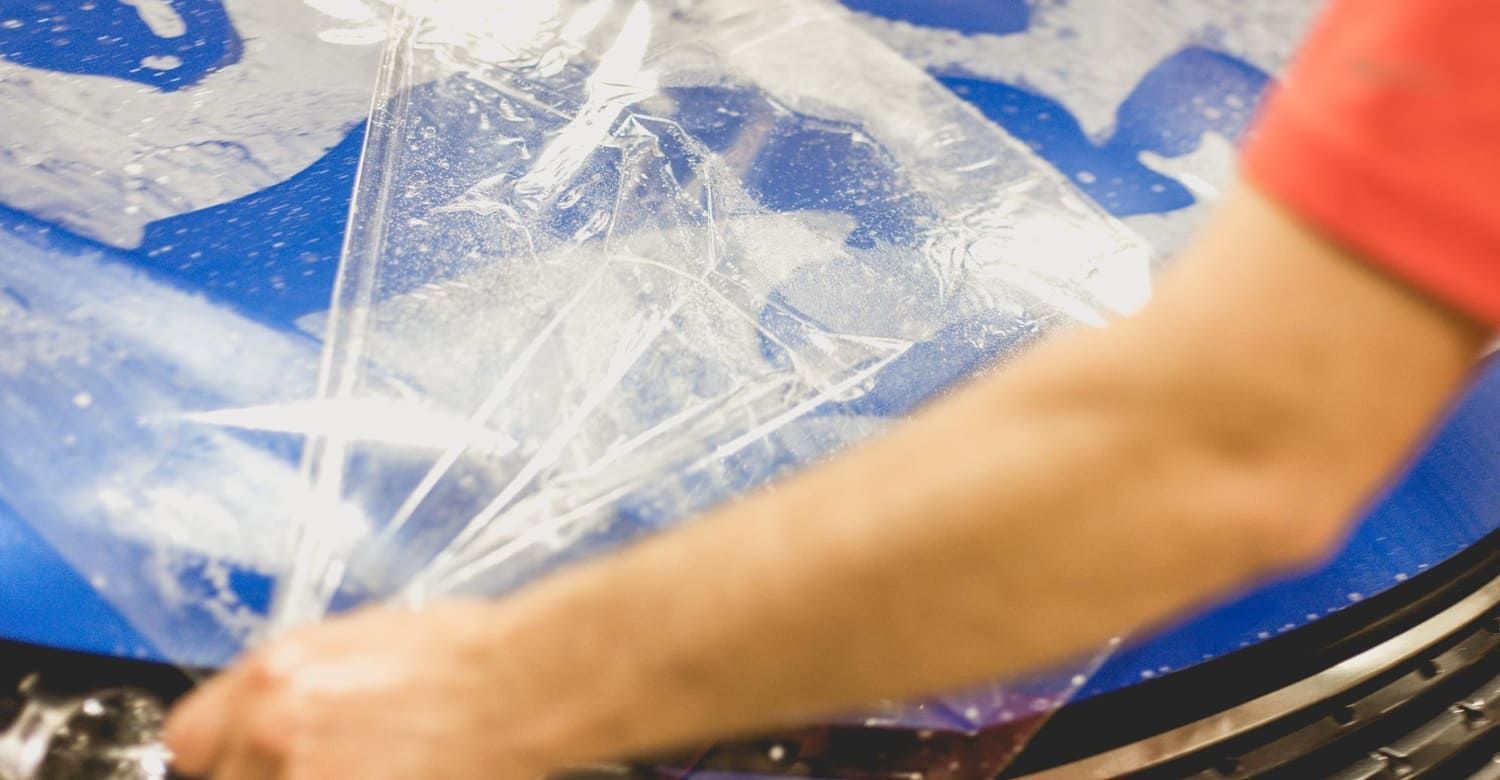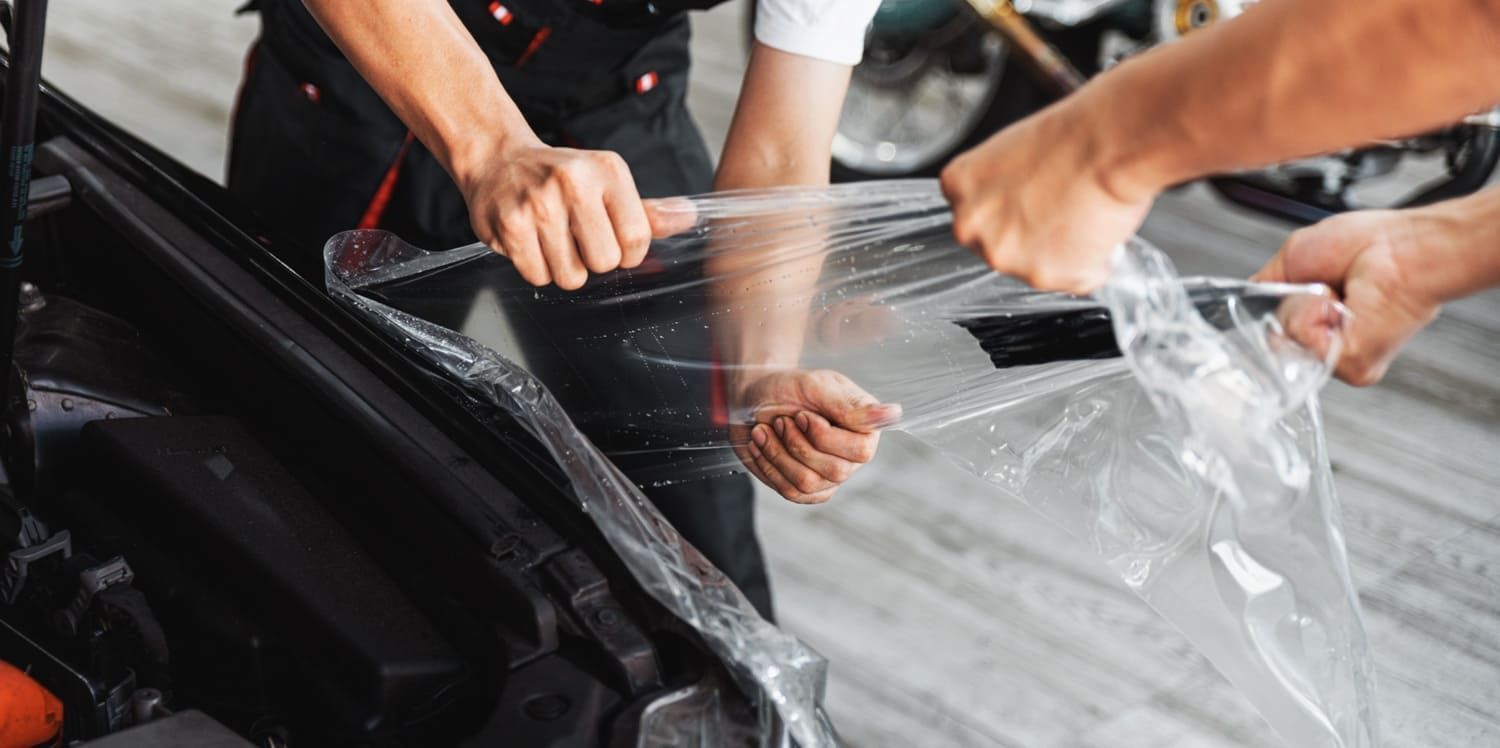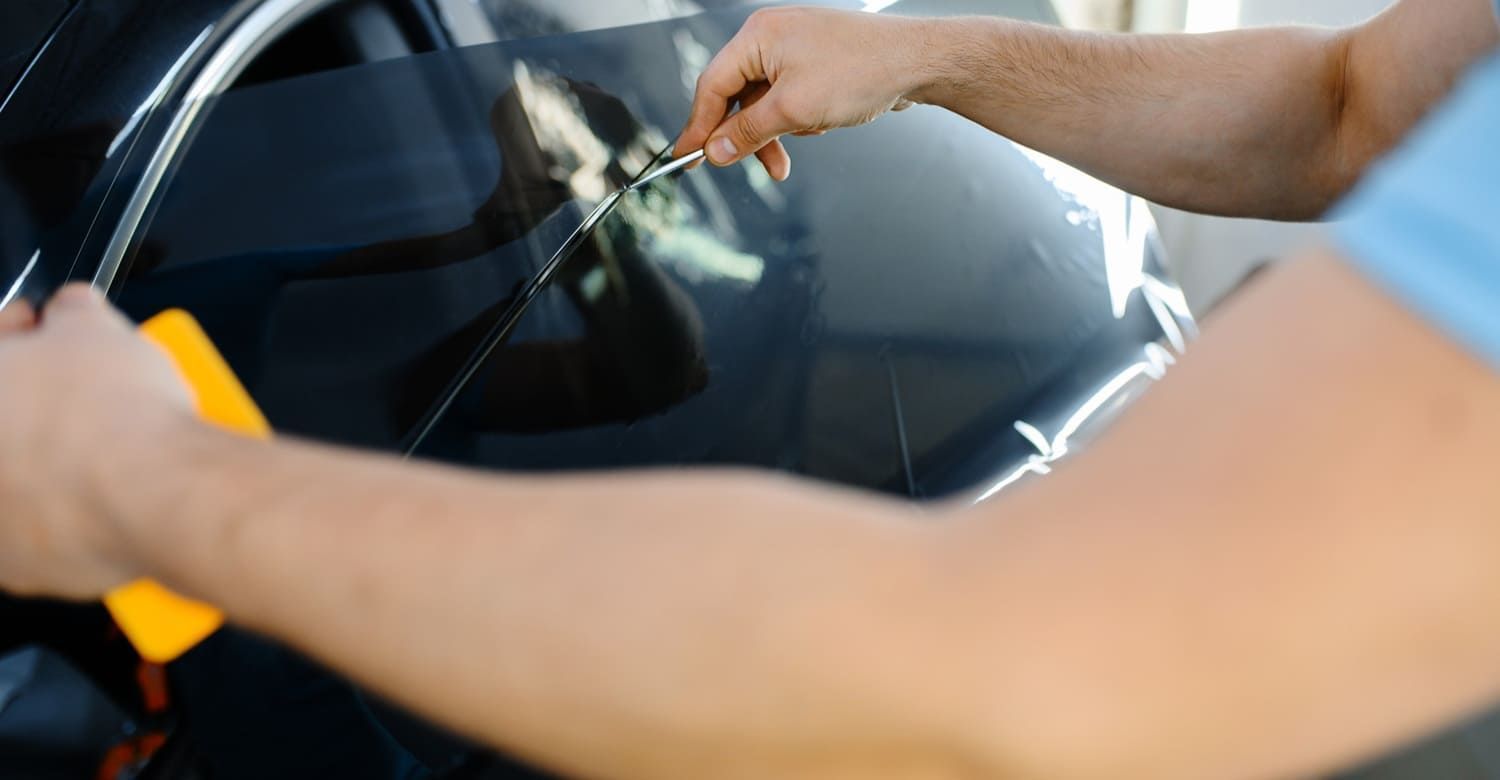Stay Away, Rays: A Definitive Guide to UV Protection for Windows in Your Home
CGT Blogger • July 6, 2020
Worried that UV rays are doing damage to you and your home? We can help! Read on to learn how UV protection for windows works.

Four to
six months
— that's all it takes for leather upholstery to fade, dry, and crack due to sunlight exposure.
If the sun can bring that kind of damage to leather, imagine what it can do to your more sensitive skin. Just thinking about it is already painful, right?
Unfortunately, you don't even have to be basking under the sun for your skin to sustain UV damage. You can be inside your home or driving without tinted car windows and still suffer skin damage from UV rays.
The good news is, you can easily have UV protection for windows installed at home and on your car windows. The big question is, what exactly do these UV protective window films do and how can they make your home safer? What kind of dangers can you even get from UV rays in the first place?
We'll answer all these burning questions below, so be sure to read on!
If the sun can bring that kind of damage to leather, imagine what it can do to your more sensitive skin. Just thinking about it is already painful, right?
Unfortunately, you don't even have to be basking under the sun for your skin to sustain UV damage. You can be inside your home or driving without tinted car windows and still suffer skin damage from UV rays.
The good news is, you can easily have UV protection for windows installed at home and on your car windows. The big question is, what exactly do these UV protective window films do and how can they make your home safer? What kind of dangers can you even get from UV rays in the first place?
We'll answer all these burning questions below, so be sure to read on!
The Lowdown on the Sun’s UV Rays
Ultraviolet is a type of electromagnetic radiation, and the sun is its main source. There are three types of UV rays that come from the sun: UVA, UVB, and UVC. Only UVA and UVB, however, reach the earth.
As for UVC rays, the ozone has the ability to absorb them all. UVC rays still exist in the earth though, although they come from man-made items like tanning beds.
UVA Rays
UVA rays make up most of the UV rays that reach the earth — UV rays contain up to
500 times more
UVA than UVB. UVA rays are also longer than UVB in terms of wavelength, so they can dive deeper into the skin. They’re also long enough that they can penetrate the dermis, which is the second layer of the skin.
UVA rays do have the lowest energy levels out of all UV ray types. However, researchers found that they can still cause indirect damage to the DNA . In particular, they can damage and mutate the melanocyte cells.
Over time, these mutations can trigger the development of melanoma skin cancer.
Melanoma skin cancer already affects over a million people in the US. By 2020, health experts say that there will be over 100,000 new cases of this cancer in the US.
Floridians also appear to be at a higher risk for this cancer compared to people in other states. In fact, it's second only to California in terms of the highest number of melanoma skin cancer cases. In 2018 alone, doctors diagnosed 8,000 people in the Sunshine State with this cancer.
UVA rays do have the lowest energy levels out of all UV ray types. However, researchers found that they can still cause indirect damage to the DNA . In particular, they can damage and mutate the melanocyte cells.
Over time, these mutations can trigger the development of melanoma skin cancer.
Melanoma skin cancer already affects over a million people in the US. By 2020, health experts say that there will be over 100,000 new cases of this cancer in the US.
Floridians also appear to be at a higher risk for this cancer compared to people in other states. In fact, it's second only to California in terms of the highest number of melanoma skin cancer cases. In 2018 alone, doctors diagnosed 8,000 people in the Sunshine State with this cancer.
UVB Rays
UVB rays consist of
only 5%
of all the UV rays that we get from the sun. Still, even if they're less abundant and shorter than UVA rays, they pack much more power in each "ray".
These are the rays that darken and burn the skin — yes, they're the reason behind sunburns! They can deal direct damage to the epidermis, as well as the DNA of the skin cells. So if UVA rays tan, UVB rays burn. That's why they can cause an array of skin issues — from redness to inflammation to erythema. Moreover, health experts say that UVB burns can give rise to different skin cancer types .
These are the rays that darken and burn the skin — yes, they're the reason behind sunburns! They can deal direct damage to the epidermis, as well as the DNA of the skin cells. So if UVA rays tan, UVB rays burn. That's why they can cause an array of skin issues — from redness to inflammation to erythema. Moreover, health experts say that UVB burns can give rise to different skin cancer types .
UV Protection for Windows Guards Against Both UVA and UVB
Now that you're spending more time at home, you may have noticed how your windows allow so much glaring light in. That, along with the sun's heat, is great against molds, but not so much for your skin.
Depending on the type of glass windows you have, they may still be letting in a lot of UVA rays. For instance, a study found that up to 74.3% of UVA radiation can still pass through smooth glass windows. Blue glass windows also transmitted up to 56.8% of UVA radiation.
Curtains and shades can help cut this down, but they also block a lot of natural light.
The great news is, house window tinting can help you minimize UV ray penetration. At the same time, it lets enough sunlight in so you can reduce your reliance on electrical light. What's more, high-quality residential window films can block both UVA and UVB rays. In fact, top-of-the-line window tint can block up to 99.9% of both harmful rays !
Depending on the type of glass windows you have, they may still be letting in a lot of UVA rays. For instance, a study found that up to 74.3% of UVA radiation can still pass through smooth glass windows. Blue glass windows also transmitted up to 56.8% of UVA radiation.
Curtains and shades can help cut this down, but they also block a lot of natural light.
The great news is, house window tinting can help you minimize UV ray penetration. At the same time, it lets enough sunlight in so you can reduce your reliance on electrical light. What's more, high-quality residential window films can block both UVA and UVB rays. In fact, top-of-the-line window tint can block up to 99.9% of both harmful rays !
How Window Films Protect You From UV Radiation
A UV film for windows works by absorbing, reflecting, or deflecting UV rays.
Some window films block UV radiation by absorbing its heat along with its UVA and UVB rays. Since it "captures" and "traps" the UV rays, the rays won't make it past the film and won't enter your home.
To reflect something means to bend it back from a surface. Think of a mirror, which, when you shine a light on, reflects it back in a more "orderly" manner. In this case, UV rays that hit a UV blocking window film bounce back the way they came from.
Whereas to deflect means to make something deviate from its intended path. For instance, a deflector can block light and then make it scatter or go off in a different direction. An example is when you shine a light on your clothes — the light spreads out, right? It's pretty much the same with a deflecting UV window film. The UV rays won't enter your home as they go in a different direction when they hit the surface of the film.
Some window films block UV radiation by absorbing its heat along with its UVA and UVB rays. Since it "captures" and "traps" the UV rays, the rays won't make it past the film and won't enter your home.
To reflect something means to bend it back from a surface. Think of a mirror, which, when you shine a light on, reflects it back in a more "orderly" manner. In this case, UV rays that hit a UV blocking window film bounce back the way they came from.
Whereas to deflect means to make something deviate from its intended path. For instance, a deflector can block light and then make it scatter or go off in a different direction. An example is when you shine a light on your clothes — the light spreads out, right? It's pretty much the same with a deflecting UV window film. The UV rays won't enter your home as they go in a different direction when they hit the surface of the film.
More Than Just Skin Protection
Were you aware that UV radiation causes up to
40% of fading
on fabrics and carpets? What's more, the heat and radiation from the sun can also discolor and warp wood, plastic, and other objects. As if that's not enough, UV rays and heat can also alter their structure and make them prone to dryness and cracks!
This is all the more reason to invest in high-quality sunblock window films for your home. With these on your windows, you can extend the lifespan of your carpeting and flooring. They can also protect your furniture as well as your upholstery. In addition, there are some window films that not only reflect UV rays but also reflect heat inside the home . You'd want this in the winter, as heated air can exit your home through the windows. By reflecting heat, the conditioned air stays inside the home, making it warmer and cozier.
This is all the more reason to invest in high-quality sunblock window films for your home. With these on your windows, you can extend the lifespan of your carpeting and flooring. They can also protect your furniture as well as your upholstery. In addition, there are some window films that not only reflect UV rays but also reflect heat inside the home . You'd want this in the winter, as heated air can exit your home through the windows. By reflecting heat, the conditioned air stays inside the home, making it warmer and cozier.
Get Your Home All UV-Protected Now
There you have it, your ultimate guide on how UV protection for windows work and how they can benefit you. The bottom line is, they can safeguard your skin against harmful UV rays. At the same time, they can help you enjoy the beauty of your home — and its furnishings — for much longer.
Ready to explore your best options when it comes to UV protective window films? Then please don't hesitate to get in touch with us here at Custom Glass Tinting in Gainesville ! We'll be happy to answer any questions you have about glass tinting in Florida.
Ready to explore your best options when it comes to UV protective window films? Then please don't hesitate to get in touch with us here at Custom Glass Tinting in Gainesville ! We'll be happy to answer any questions you have about glass tinting in Florida.

